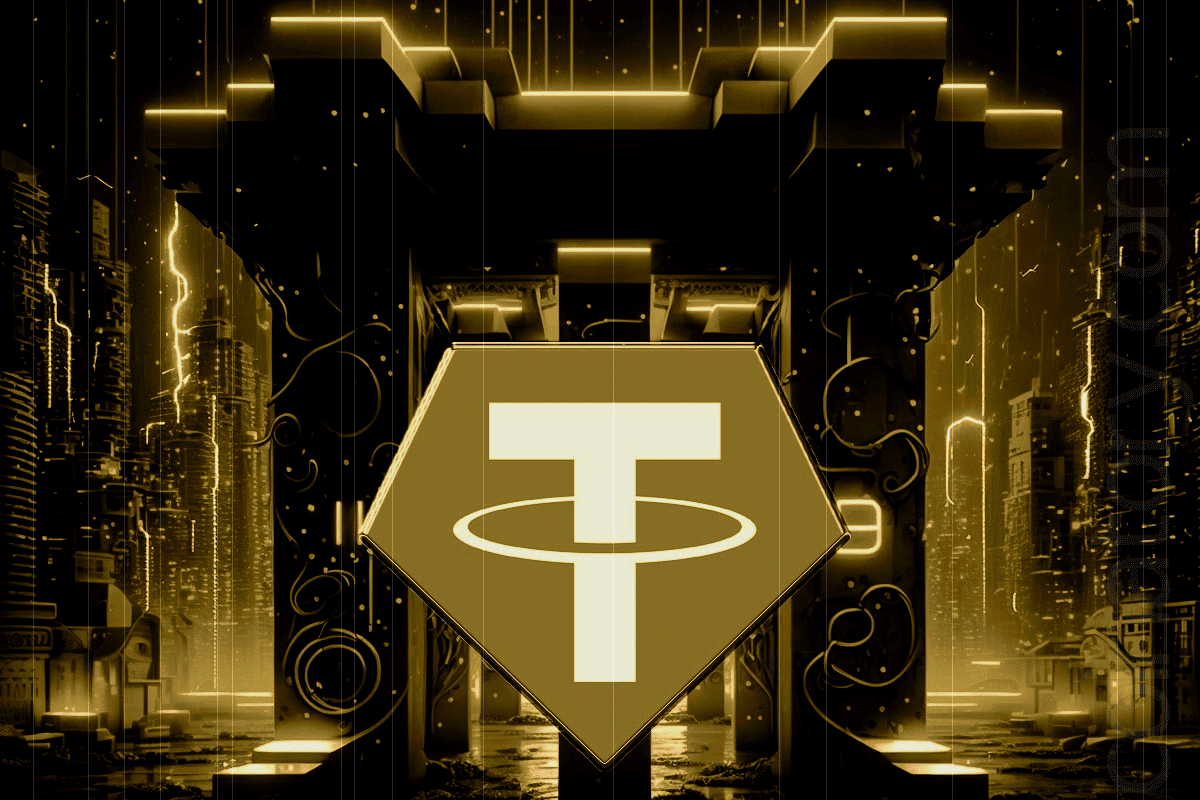
Tether’s USDT stablecoin has seen its market share on centralized exchanges (CEXs) shrink from 82% to 74% this year, signaling heightened competition and looming regulatory challenges.
Despite this dip, Tether (USDT) retains its position as the most widely used stablecoin, boasting a market capitalization exceeding $100 billion. USDT’s appeal lies in its stability and utility as a fiat-backed digital currency, facilitating smooth transactions across the crypto ecosystem.
EU Regulations and Emerging Competitors
Kaiko Analytics reports that Tether’s decline coincides with the European Union’s impending Markets in Crypto-Assets (MiCA) regulation, which will limit stablecoin sales to EU investors. This regulation might compel exchanges, such as Kraken, to reassess their support for USDT.
Paolo Ardoino, Tether’s CEO, has voiced concerns over MiCA’s stipulations, stating the company has no intention to comply with the new regulations in the near term. This regulatory uncertainty could further diminish Tether’s market share as exchanges and users opt for stablecoins better aligned with evolving regulatory landscapes.
As the market diversifies, alternatives like Circle’s USDC are gaining traction, underscoring the intensifying competition Tether faces.
Tether to Suspend USDT Redemptions
On July 11, Tether announced plans to suspend USDT redemptions on several blockchain networks to ensure the ecosystem’s long-term sustainability. This phased approach will see support for USDT on less active networks gradually withdrawn, with specific timelines provided to facilitate a smooth transition. This strategy aims to streamline operations and focus on the most widely adopted networks, thereby enhancing user experience and maintaining the USDT peg’s stability.
Broader Market Developments
In a move reflecting the shifting landscape, DWS, a major European investment firm, has formed a new entity to launch Germany’s first cryptocurrency under national regulation, targeting a 2025 launch for a euro-based stablecoin compliant with BaFin.
Furthermore, Tron (TRX) founder Justin Sun has unveiled plans for a fee-free stablecoin, a development that could significantly impact the market if realized.
The stablecoin market’s evolution is marked by substantial contributions from entities like Coinbase and Circle. Coinbase benefits from stablecoin revenue, while Circle’s approval to operate in Europe signifies a critical step towards establishing a global standard.







